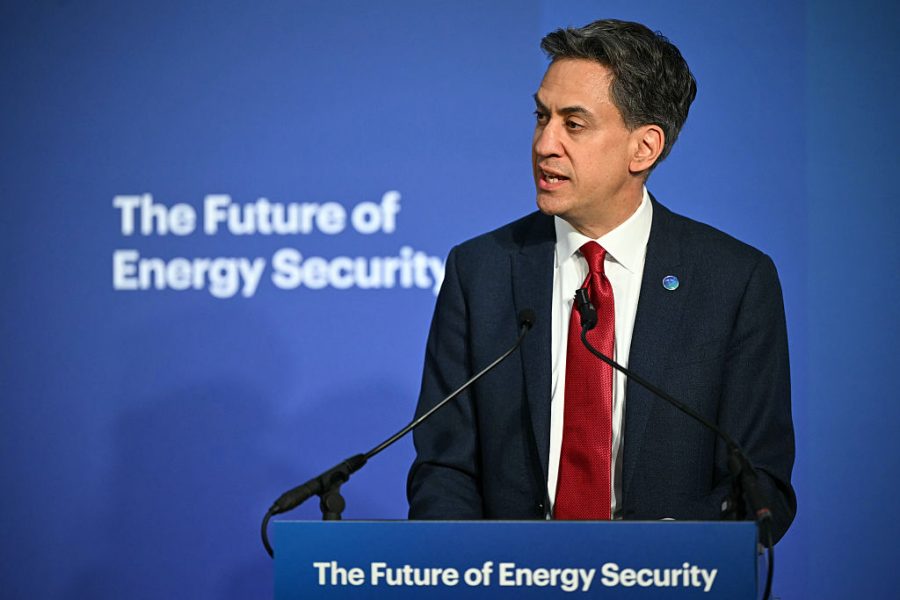Here’s a pub quiz question: which European country has no net zero target? I don’t mean which country is not bothering too much about conforming with its net zero target, because that is most of them, but which one doesn’t even have such a target in the first place? The surprising answer is Norway, which has a target of reducing its carbon emissions by 90 to 95 per cent on 1990 levels by 2050 but has made no commitment so far to go all the way.
We are importing ever-increasing amounts of electricity via subsea cables, from Norway included
It is surprising because, in many respects, the Scandinavian country is the global equivalent of a class creep – it almost always seems to behave in a way which officials at the United Nations and other international global NGOs find exemplary. Indeed, it is one of the few countries whose policies are very nearly consistent with its carbon reduction target, in the judgement of the website Climate Action Tracker. It does all the things which Ed Miliband would like us to do, leading Europe on the adoption of electric cars, and also on taking up heat pumps – which in this case are sufficient to heat Norway’s well-insulated homes.
Yet still Norway has no net zero target. Why? Because its government, unlike ours, seems to have thought the whole thing through properly and realised that to go all the way to net zero would be fantastically expensive. It is one thing curtailing your carbon emissions; quite another blocking off every conceivable source of them. Norway, unlike Britain, values economic growth over ideological purity.
It shouldn’t really come as a surprise, then, that Norway’s energy minister, Terje Aasland, has just scorned Britain’s policy of running down North Sea production of oil and gas. His own country, he says, will continue to develop the North Sea for the long term. It will do so, he says, partly because the industry has helped make the country fantastically rich, allowing it to build up a sovereign wealth fund which our own deeply-indebted government can only envy, and partly because it recognises that however hard you might aspire to switch to clean energy, it is a long process, and that industrialised societies will remain reliant on fossil fuels for decades to come.
‘The oil and gas industry and the service industry is really important’, Aasland said. ‘It saves jobs and creates a lot of value for Norwegian society. I think in the UK, the oil and gas industry has contributed in just the same way – until now.’
His words expose the foolishness of Ed Miliband’s ban on issuing new oil and gas licences. Rather than the pragmatic approach taken by Norway, Miliband is following an absolutist policy which is condemning Britain to become less wealthy and less energy-secure in the process. The Energy and Climate Secretary keeps lecturing us on the need to free ourselves from what he calls ‘fossil fuel dictators’, yet in practice he is making us far more dependent on imported energy.
This applies not just to oil and gas, by the way, but also to electricity. Britain’s massive boom in wind and solar simply isn’t doing the job of replacing the coal plants we have closed – in fact, we are importing ever-increasing amounts of electricity via subsea cables, from Norway included. Last year, a record 13 per cent of electricity consumed in Britain was imported in this way.
While Britain hit the oil and gas industry with windfall taxes in recent years, Norway offered tax concessions to ensure that oil and gas exploration could continue during Covid, in order to maintain Norway’s energy independence. That just about sums up the difference between UK and Norwegian policy. This week, with Tony Blair’s intervention, it seemed briefly as if the government might transition towards a more level-headed policy. But sadly, with Keir Starmer taking Miliband’s rather than Blair’s side, and Blair bizarrely backtracking on his remarks, the moment has passed.








Comments